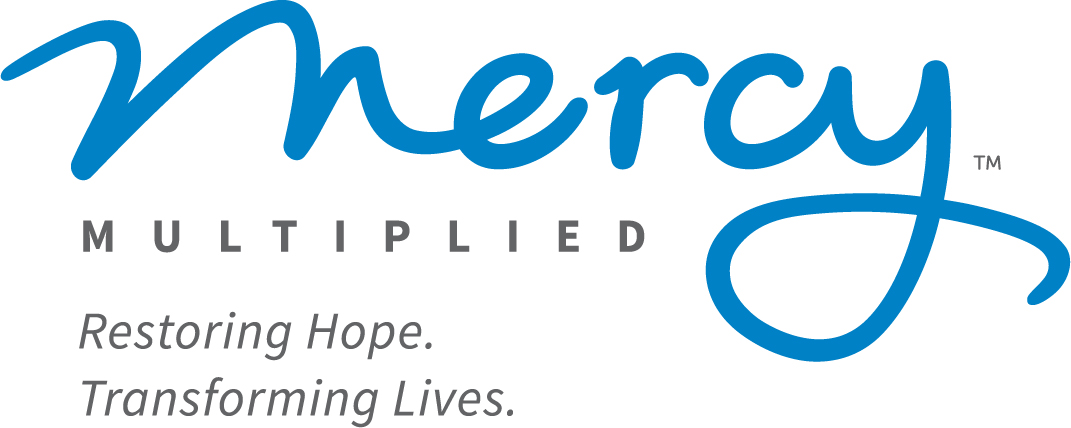Tackling the Issues: Mercy Grad on Sex Trafficking in U.S.
January 26, 2017
January is National Slavery and Human Trafficking Prevention Month. Mercy Multiplied has been raising awareness all month surrounding trafficking in the United States by hosting a Q & A Facebook Live Video with a Mercy counselor, creating an Advocate Tool Kit, and posting about the issue from the perspective of a Mercy graduate and a counselor on our Choosing Freedom Blog. As the month of January wraps up, we would like to zoom in once more on the issue of sex trafficking in the United States.
According to the FBI, victims of trafficking are all ages and come from all demographics, from small communities to large cities. However, the perceptions people hold of what constitutes trafficking, who is affected, and the prevalence in the United States can be mistaken.
Recently, 2015 Mercy graduate Rachel shared her personal story on Mercy’s blog in a post titled: Sex Trafficking – It Happened To Me. We followed up with her this week to further discuss trafficking in the U.S. It is easy to imagine the problem as an insurmountable macro-issue and forget the individual faces and stories of victims. We are so grateful for Rachel’s willingness to vulnerably share her story and her passion to change the way victims are seen and treated after rescue.
What do you believe is the biggest misconception about trafficking in the U.S?
Beyond the misconception that trafficking does not happen in the United States, I believe the most common misconception is that trafficking looks exactly like what we see on television. Sadly, though, that is not the case. Trafficking takes on many forms–victims of trafficking are forced into various forms of commercial sexual exploitation, including but not limited to prostitution, pornography, stripping, and sex tourism. Due to the fact that trafficking takes on many forms, it is not always easily identified, and it sometimes takes a trained eye to recognize.
How did you become passionate about trafficking awareness?
After becoming aware that what happened to me as a child was considered trafficking, I immediately became passionate about trafficking awareness. As I wrote in my article about trafficking, I had absolutely no idea that what happened to me as a child was considered trafficking until a counselor brought it to my attention. Honestly, this was because I had the misconception that trafficking looked exactly like what was presented on television.
How have you engaged with your passion to learn more about trafficking prevention and restoration of victims?
I have engaged with my passion to learn more about trafficking prevention and restoration of victims through tons of research and a multitude of school projects. Many professors have come alongside me and supported me in my research and in my passion to learn more about how to help victims and survivors. I recently had the opportunity to develop an episode of change project in a class. It was essentially a means of how I would change the system toward those who have been trafficked—from the psychological/medical/etc. treatment they receive, to the way they are treated by the government in the legislative processes. I found that many trafficking survivors have been mistreated through these processes, and I found myself heartbroken—absolutely heartbroken.
What are you studying in school?
I am currently majoring in Human Services, a fancy term for Social Work, and Psychology, with a minor in Sociology. In many of my classes, my professors allow me to integrate my study of trafficking, even though it has overlapped many times. This has been a huge blessing, because many schools do not allow students to do this.
If you could leave people with one piece of advice to help end trafficking, what would you tell them?
I think if I could leave people with one piece of advice, I would have to say that you need to know the facts. Know what trafficking looks like, know the signs, and be aware. I don’t say this to promote my article, but I know that my article contains a lot of signs of those who are being trafficked or have been trafficked—so check it out. I know that it promotes awareness of the issue, which I think is crucial in ending trafficking!
Learn more about the issue and ways you can help end trafficking!

